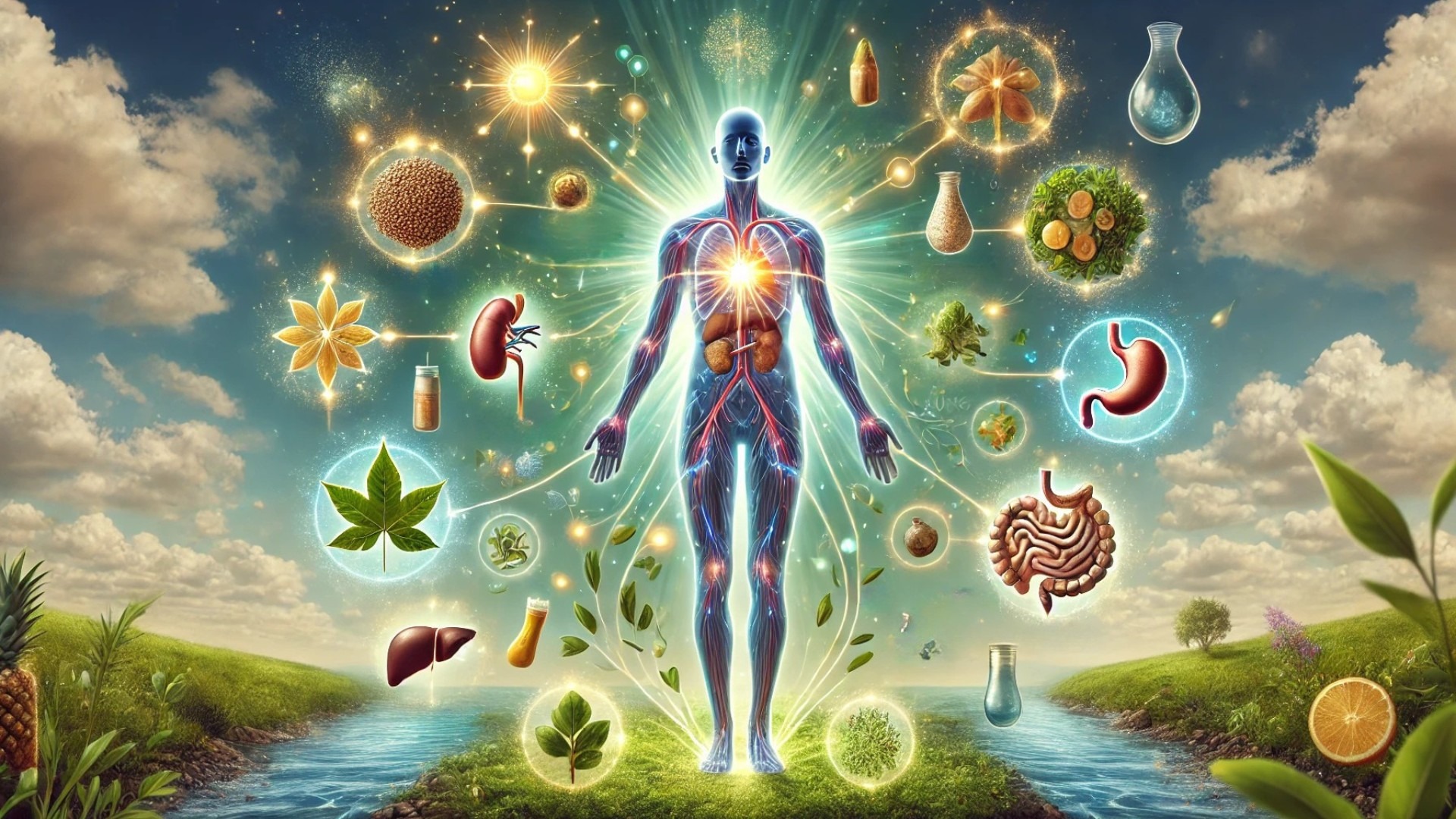
Are you discovering that the kitchen is a constant distraction only steps away from your home office? Perhaps your eating habits have entirely derailed, or you just realize that you’ve started grazing every time you’re bored, stressed, or procrastinating.
If you’re like most of us working from home, keeping track of your nutrition may be difficult. You feel more at ease, and there’s a lot of food available. Unlike in the workplace, you’re free to snack all day and there’s no one to judge you. However, this behavior can wreak havoc on your health and stifle productivity. Luckily, there are several small ways to shift your eating to healthier habits when working from home.
Prioritizing Healthy Eating While Working Remotely
Regardless of how close the kitchen is or how monotonous your afternoon task list is, you can master your eating habits with some focused strategizing. Consider these tips and try to find one or two that might support you in creating better habits.
1. Clean Out Your Kitchen
Now is a terrific time to tackle that pantry cleaning project you’ve had your eye on for months. You won’t consume those high-sodium, high-sugar foods if they’re not in your house! It’s as simple as that. Instead, fill your fridge with fresh fruits, vegetables, and lean proteins. Stock your pantry with ready-to-grab bags of nuts and pre-portioned, high-fiber snacks.
2. Avoid the Kitchen During the Day
No matter how tidy your kitchen is, it’s still the place with all the food. Plan out your day according to the foods and beverages you need, and try to take as much with you into your home office as you can. Be intentional about avoiding the kitchen, which isn’t easy when working from home. Bring snacks and lunch into your workspace, or set up a coffee pot in your office if that is what’s causing you to reenter the kitchen multiple times a day.
3. Reward Yourself With Non-Food Treats
Establishing healthier habits and treats for yourself will be much more beneficial in the long run than rewarding yourself with a food item every time you achieve a work-related goal. When you’ve reached a daily milestone, substitute that sugar-packed snack for a nice walk around the neighborhood, fitness or art classes in the middle of the day, calling up a friend, or time with your favorite blog. You can be pretty creative with your rewards when you work from home!
4. Prioritize Self-Care
Many professionals report that a frequent cause of overeating is stress. Once you start managing your stress levels, your urge to overeat will often decrease. Taking care of yourself at work means working at a reasonable pace, taking frequent mini-breaks, and regularly scheduling longer breaks throughout the day. Consider scheduling yoga or meditation to help you learn to relax, pause, and breathe.
5. Schedule Routine Breaks
Tying into the above tip, one of the common reasons work-from-home professionals overeat relates to needing a break. It can feel strange to pause and walk outside for a few minutes when your office is at home. You can, however, justify getting up and moving for a snack or going to the restroom. So, perhaps what you need is simply a break from your work tasks. Schedule regular breaks that have nothing to do with snacking and give yourself a short rest and a productivity boost.
6. Focus On Hydration
Drinking water throughout the workday can help your body feel full, so be sure to get in those 64 to 80 ounces per day and then some! Frequently drinking water or another healthy beverage, such as decaffeinated tea, gives your mind and body something to do that doesn’t involve consuming unnecessary calories. Not to mention, refilling your drink is a great excuse to get up and stretch those legs!
7. Make a Food Plan
Decide what you’re going to eat for the day, and make sure you have all the ingredients on hand. You won’t be tempted to indulge in quick, unhealthy foods. Many remote workers report that meal prepping on the weekends can help nutrition stay on track during the week. Planning will also help you save money and time on food as you use up your leftovers while keeping you out of the kitchen for midday meal preparations.
8. Avoid Decision Fatigue
If you find yourself snacking more often than you’d like, it may be due to experiencing decision fatigue. When we have to make too many decisions throughout the day, we can become overwhelmed, and our ability to make rational decisions diminishes. To avoid this, try to stick to a routine as much as possible. Have set mealtimes and snacks, and limit your choices to a few healthy options that you know you’ll enjoy. This way, you won’t have to spend precious mental energy deciding what to grab.
9. Minimize Distractions
Turn off the TV and put away any tempting snacks before you start working. Set out your fruit bowl and gaze at that rather than seeing an indulgent-looking candy bar flashing during commercial breaks. If you work better with background noise, try adding some calming study or work music instead.
10. Move Away From Your Desk
Whether your desk is in a traditional office or home office, make it a point to move to another location when you’re eating. This is an excellent way to avoid mindless snacking. Once you’ve eaten your meal or snack, put everything away before going back to work. If possible, try to eat outside! This will not only give you some much-needed fresh air and Vitamin D, but it will also help you avoid the temptations that can occur when your desk becomes a food zone.
Conquer Your Home Office Nutritional Challenges
Working from home has a lot of perks, but it can also be a challenge to stay on top of your nutrition. By following these tips, you can make sure that you’re eating healthy and keeping your energy levels up!
Are you ready to make the jump to remote work? Take the tour to all of the ways that a FlexJobs membership can help you create a healthy remote career, from our scam-free database to tips on creating healthy and sustainable work-at-home routines.
 Add Row
Add Row  Add
Add 










Write A Comment